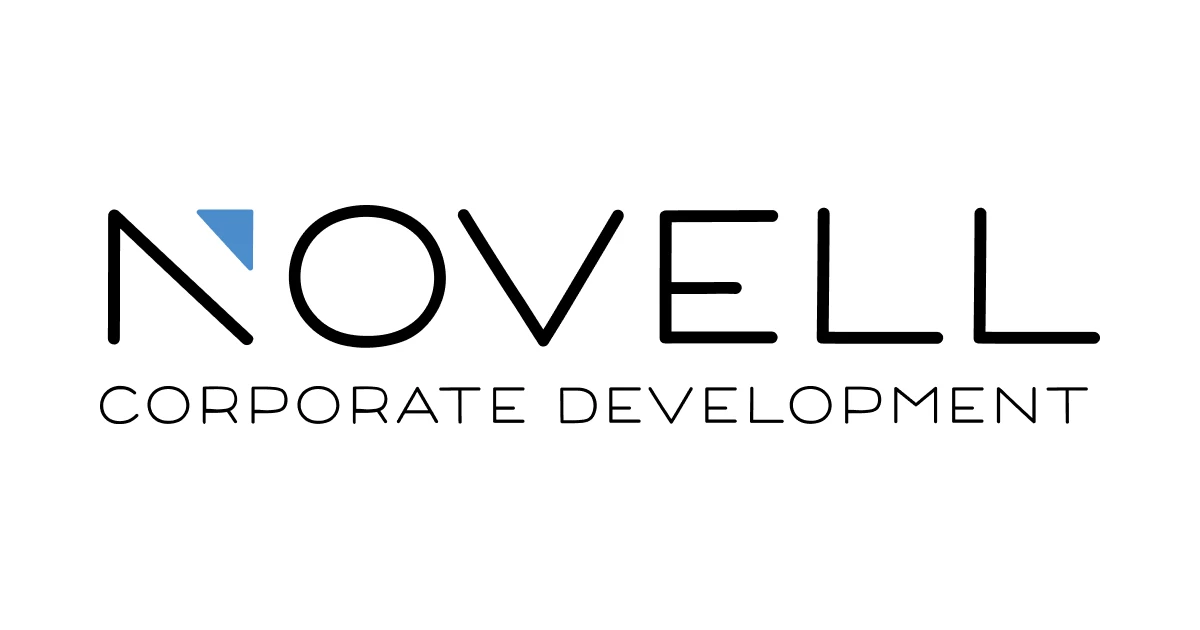Abstract
This article covers the definition of the corporate development function, and how it can be utilized to implement a programmatic M&A approach. It discusses the teams involved with M&A execution and how, and in which situations, an outsourced corporate development team can help accelerate value creation.
The M&A and Corporate Development function
The corporate development (corp dev) team is typically responsible for strategic planning and decision making aimed at growing and restructuring a business. Its core mandate is to look for acquisition and divesting opportunities with the goal of achieving above average value creation. Corp dev teams are also often key to organizing the corporate strategy process as well as processes around partnerships/joint ventures and innovation programs. This article will focus on corp dev activities related to M&A/divestitures.

Programmatic M&A
Studies show that companies making many, smaller acquisitions outperform companies making fewer, larger ones[1]. Other research show that companies executing more transactions are likely to extract more value from deals[2], as they generally are better at planning, deal process, value identification and extraction, and integration. Some evidence suggests that it may be better to not perform M&A at all, unless a programmatic approach is deployed. With a programmatic approach to M&A, companies commit to a corp dev process aimed at aligning the corporate strategy with a defined acquisition (and divestiture) strategy, developing a set of specific search criteria and actively building a target pipeline. This will ensure that companies don’t miss acquisition opportunities that may otherwise go unnoticed due to lack of attention, and it will accelerate the potential number of deals a company review. Because programmatic acquirers are repeat performers, they have a solid and tested playbook (due diligence, negotiation, integration, etc.), iteratively updated, which ensures success.

Companies with a programmatic approach to M&A will align the M&A strategy to the corporate strategy, and therefore focus their efforts on acquiring into the best performing and/or most strategic part of the business, while divesting underperforming, or fringe, business units. Having trained the M&A muscle, both when it comes to the transaction and the integration effort, these companies are also better at estimating synergies, often a sizeable part of the deal value justification and equally often a pitfall in value creation.
A good corp dev office can help you build these skills as an organization. This will reduce some (not all) of the risk of M&A and put you on a path of exceed value creation expectations.
Organizing around the M&A effort
The M&A effort typically involves several internal and external team members.
Internal
- CEO/CFO: The CEO/CFO will always have key roles in any acquisition or divestiture process. They are key drivers in developing and implementing the corporate strategy of the firm, from which any M&A decision should stem. But they are also extremely busy executives, responsible for meeting the targets and goals laid out in said strategy. As such, it is important to be mindful of how they are used in the M&A process and involve them when their fingerprint and decision making is needed, but not more than that.
- Corporate Development: Many larger companies have their own corp dev teams today. If the company has implemented a programmatic approach to M&A, this can be a key value driver for the firm. But it can also be a costly endeavor, as many M&A project either don’t come to fruition or underperform expectations. Adding to this, these teams can be quite costly, as they require very experienced leaders and deal makers.
External
- Attorney: Most, if not all, M&A deals will require legal support. Often this will come from an external firm with special expertise in deal making. They can of course be supported by an inhouse counsel, but only the largest firms will have a dedicated inhouse M&A legal team. A good M&A attorney is a valuable guide through the legal landscape that surrounds any deal, whether it comes to corporate restructuring, tax planning or navigating regulatory regimes. But it is also smart to be mindful of the fact that attorneys are costly and should be used only where there highly specialized expertise is needed, i.e. not for project/deal management and coordination.
- Investment Banker: Investment bankers play a key role in M&A transactions. They will typically represent sellers in the market and help establish a fair market valuation for the sellers. They will also negotiate terms with the buyer(s) and, in certain situations, support deal financing. Fees can be quite high, but this is balanced by the comfort of knowing that a greater network of buyers was explored, and the best possible market value was reached for the sellers. Again, bankers are not well suited as deal project managers, although this does occur.
- Outsourced Corp Dev: For companies that do not have an inhouse corp dev team, or has a team that is overloaded, an outsourced corp dev model can be used. These outsourced teams, with a specialty in driving the M&A process and extracting better deal value, can help lower the cost of implementing programmatic M&A, and of deal execution, by relying on proven playbooks and managing the cost of other inhouse and outside resources on the deal team.

There are of course other functions involved with the M&A process (HR, IT, operations, etc.), but these are the key team that make the deal happen. Next we look at how the outsourced corp dev model works.
Case for Outsourced Corp Dev
After years of experience in M&A transactions, across multiple continents, our firm has developed a structured, rigorous, proven and repeatable model for engaging with our customers on their corporate development:
- Engage: Novell will engage with a company to partner on, or lead, the corporate development function. Our team will typically work on a monthly retainer model, and we aim to seamlessly integrate with the necessary, internal team-members.

- Define: Next, we work with the executive team to develop an M&A strategy, which should be derived from the overall corporate strategy. The M&A strategy will define the method for the target search, the search criteria, and the key goals and metrics to pursue.
- Refine: With a M&A strategy in hand, we will work to build the target pipeline. This involves market research, but also input from the buyer’s organization (who know their competitors, partners, vendors). The target pipeline is managed much like a sales pipeline. We collect data, we check in with the target, and as deal prospects rise, so does the targets status in the pipeline.
- Manage: Once a deal is identified, Novell becomes the deal manager, responsible for driving the deal process, coordinating all parties, and delivering the best possible deal value. At this point, we will work on a retainer, but also with a success fee on deal closure. This helps align incentives in terms of both cost, speed and value.
- Integrate: Finally, once a deal is closed, we support post-merger integration processes with customized integration templates and playbooks. Our focus here is on maximum synergy extraction, while allowing the buying organization stay on path to achieving its budgets.

When managing a deal, we focus on utilization of both internal and external resources. Internal resources, such as the CEO and CFO, must be engaged and aware of all key activities and decisions, but do not need to know every single detail of the deal. We will also coordinate external consultants, such as attorneys, so that use of their expertise is optimized. Overall, this will free up the internal team to keep focus on executing the corporate strategy (otherwise M&A can be extremely time consuming), and it will manage the cost of external support. If this process is managed well, companies can achieve seamless execution of deals, at a lower deal cost, and with better extraction of value. In turn, the company will be hungry for more deals. A positive feedback loop has begun.
Takeaways
For some organizations, using an outsourced corp dev team can be extremely beneficial. It can help the company implement a programmatic M&A approach, one that would otherwise have been costly and time consuming. An outsourced M&A team can help a company quickly get up to speed on deal playbooks and can help drive the cost of deal-making down. If used right, it will also generate a positive feedback loop back to the organization, which will learn and develop from the experience. In some situations, the outsourced corp dev team can complement an internal team to help formalize processes or to support overflow in deal volume. Overall, better and more frequent deal-making will accelerate value creation, support execution and out-performance of the corporate strategy.

- [1] How lots of small M&A deals add up to big value
- [2] Taking a longer-term look at M&A value creation
Novell Corporate Development provides corporate development, strategy and mergers and acquisition consulting services.



